In a time where people expect immediate and total access to, well, pretty much everything, convenience often takes precedence over security. One common practice that few would ever bat an eyelash at is the sharing of a single software account among multiple users.
While this might seem like a harmless thing to do, it comes with its own set of risks that can compromise data integrity, security, and overall user experience.
Security and data integrity
One of the primary issues associated with multiple users on a single account is compromised security. User accounts are typically designed to be accessed by one individual, with unique login credentials tailored to ensure data confidentiality. When multiple users share a single account, it becomes challenging to trace actions back to specific individuals, making it difficult to maintain accountability and secure sensitive information.
Sharing a single account can also lead to data integrity issues and confusion. Different users may have different preferences, settings, or requirements within the software. When these preferences overlap or conflict, it can result in a disorganized and chaotic user experience. This increases the likelihood of errors and misunderstandings.
Personalization and compliance
User accounts are designed to offer a personalized experience tailored to an individual’s needs and preferences. When multiple users share an account, the ability to customize the software according to personal preferences diminishes. This lack of personalization can lead to frustration among users who find themselves unable to optimize the software to suit their specific requirements.
And when it comes to businesses and organizations, adhering to industry regulations and compliance standards is crucial. Sharing accounts can complicate the auditing process, as it becomes challenging to track who accessed the software, when, and for what purpose. This lack of transparency can lead to compliance issues and, in some cases, legal ramifications.
Overuse and licensing violations
Many software licenses are priced based on the number of users or devices accessing the software. Sharing a single account among multiple users can lead to overuse and potential licensing violations.
This not only puts the organization at risk of legal consequences but also hampers the software developer’s ability to maintain fair pricing models.
Don’t overcomplicate it
While sharing a single account among multiple users may seem like a convenient workaround, it comes with significant risks and drawbacks. From compromised security to confusion and compliance issues, the downsides far outweigh the short-term convenience. Trust me, I’ve seen it firsthand.
It’s crucial for individuals and organizations to prioritize the importance of individual user accounts for software access, ensuring a secure, personalized, and compliant experience for all users. At the end of the day, investing in proper user management practices is an essential step towards maintaining a seamless and secure software environment.
About the post:
Images are generative AI-created. Prompt: A large gathering of people standing in front of a single computer monitor. Tool: Midjourney.
About the author:
Shane Oren is the CRO for IDVerse. He has over 12 years experience in sales for a range of businesses, from startups to large enterprises, where he has achieved record-breaking results. In his current role, Shane leads the North American office and manages revenue across the market, overseeing sales and customer support teams.


